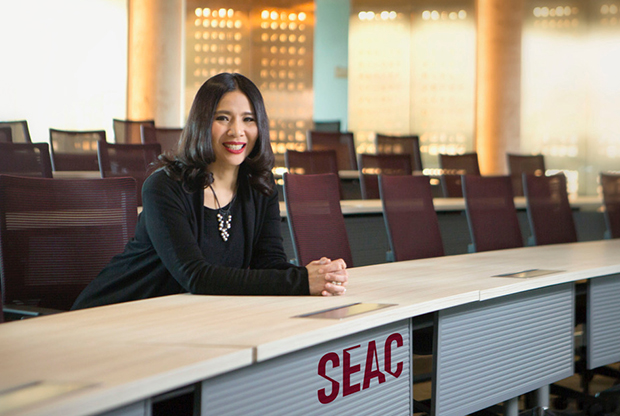
Learning is an essential part of our world and something we just can’t do without. Cavemen learned that they could keep warm by making a fire, and could move things easily using a wheel. We’ve been learning ever since.
Our earliest predecessors had no formal schooling, yet they created amazing inventions that are still relevant today. Formal education has evolved over the last two millennia or so, but the fact is that a lot of learning does not take place in schools. That is becoming even more true today.
When I contemplate the limits of formal education, I’m reminded of a TED Talk given by Sugata Mitra, a professor of educational technology at the School of Education, Communication and Language Sciences at Newcastle University.
Our education system, he says, isn’t really broken; in fact, it’s so beautifully constructed that it has endured for all this time. But the education system we have today is producing a workforce of people who are skilled for an era that is ending or already over. His words still ring true today.
The problem today is that, while the world itself is changing and the business landscape is evolving, our learning and educational systems are outdated and have failed to adapt effectively.
The fact of our changing world is that every job today and in the future will require constant learning and development. The thing about lifelong learning is that is that we all perceive and approach it in our own ways. There’s no one right way to learn because we all have our own preferences and approaches that work for us as individuals. Even in our own lifetime, our effective ways of learning may change.
In any case, lifelong learning is now essential as a way to add value to you and your people as individuals and as an organisation. Here are some of the reasons why:
First, constant learning builds on your current skills and can even help new ones emerge. From your leadership skills to the more technical skills of your field, you cannot begin to acquire the new knowledge you will need if you stop learning.
Second, lifelong learning is fundamental to long-term success. Success doesn’t happen overnight, nor does is it stay consistent. One moment you may succeed, the next, everything might change. But with learning, success is sustainable, and with learning, you’ll understand that failure isn’t the end of success, it is the beginning of another journey to success.
Third, lifelong learning is like working out – it keeps your mind fit and agile. Constantly learning builds your current skills and even reveals and trains new ones. Just like working out at the gym, once you fall out of habit and consistency, you’ll cease to grow and improve.
Although the importance of learning is clear, we all still fall prey to the three big no’s – no time, no money no access. Many of us also misunderstand that learning only happens when you set aside time and pay for courses in classroom settings. In reality, learning can even happen when you’re having a topical discussion with a friend or senior.
Here are some tips to get you started that require simple practice to develop the lifelong learning habit:
The first and most important thing to keep in mind is to let go of any preconceptions that learning only happens in a classroom. That is still a part of it but not the only way. Keep your mind open. Learning means opening up to certain concepts that you would otherwise not understand.
Another tip is to ease your way into learning by looking through content online before you invest. This can open up a whole new world for you and maybe you’ll even realise new interests.
Lifelong learning is the key to our transformation. The changes in our world are expansive and they are accelerating at a rapid pace. We can no longer depend on formal learning alone to grow, develop and keep ahead.
Arinya Talerngsri is Chief Capability Officer and Managing Director at SEAC (formerly APMGroup) Southeast Asia’s leading Executive, Leadership and Innovation Capability Development Center. She can be reached by email at arinya_t@seasiacenter.com or https://www.linkedin.com/in/arinya-talerngsri-53b81aa